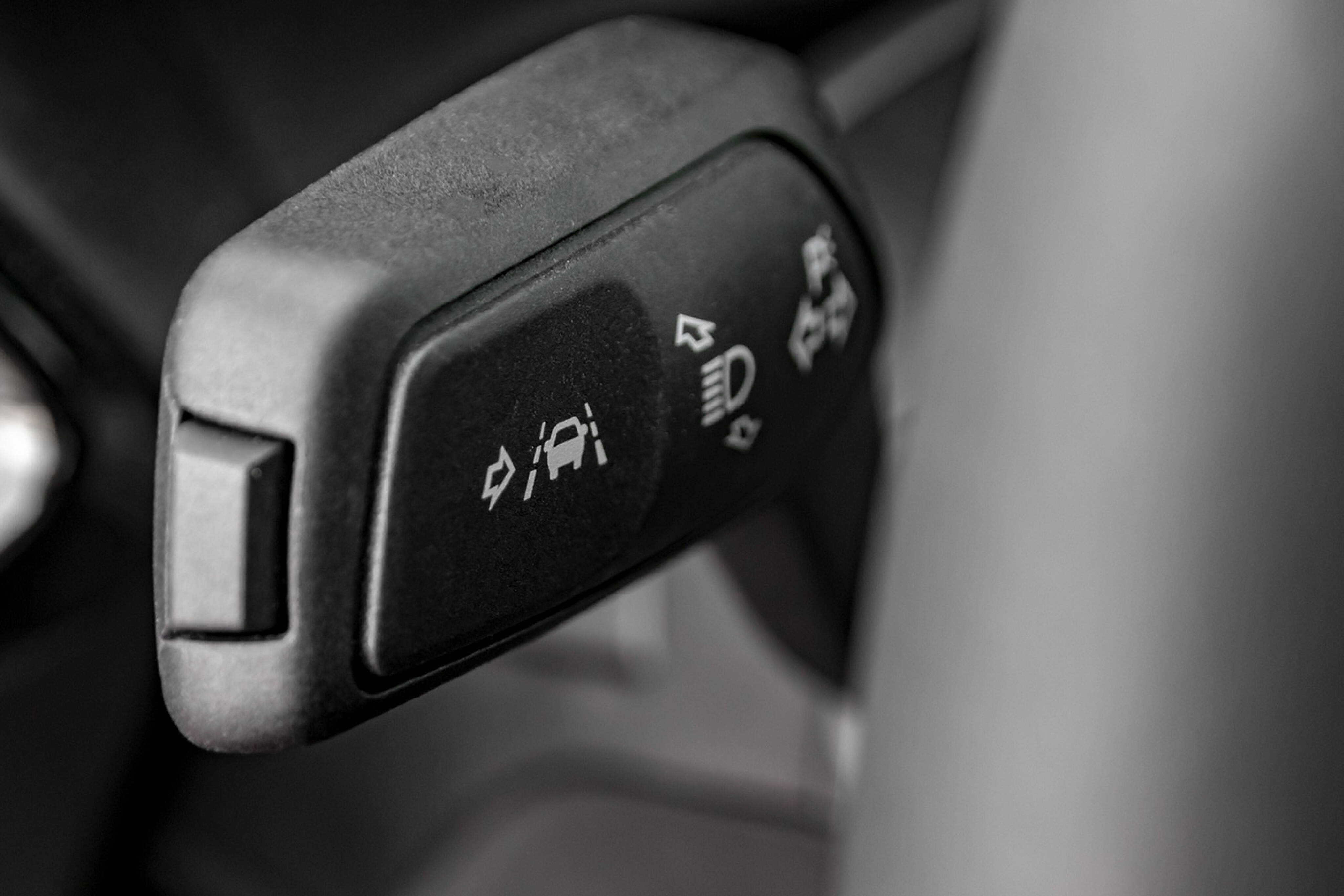
Safety organisation Euro NCAP has said it expected more real-world development from carmakers implementing lane-keep assist systems.
“When we started to develop these tests [for lane-keep assist] our understanding was that vehicle manufacturers would not bring these systems in if they would upset their customers”, Euro NCAP secretary general Michiel van Ratingen told Wheels at an Australasian New Car Assessment Program (ANCAP) media event this week.
Yet with lane support systems – such as lane-departure warning, emergency lane-keep assist and lane-trace assist – now necessary for a five-star safety rating, Euro NCAP and ANCAP are updating their protocols to include real-world testing.
Van Ratingen was asked about a few recent five-star models – including the Chery Omoda 5, Isuzu D-Max and MG 4 – that have aggressive emergency lane-keep inputs designed to ace the program's lab tests with little attention paid to real-world functionality.
We are kind of upset that the vehicle manufacturers answer questions from you guys to say that Euro NCAP is forcing them [to implement LSS]
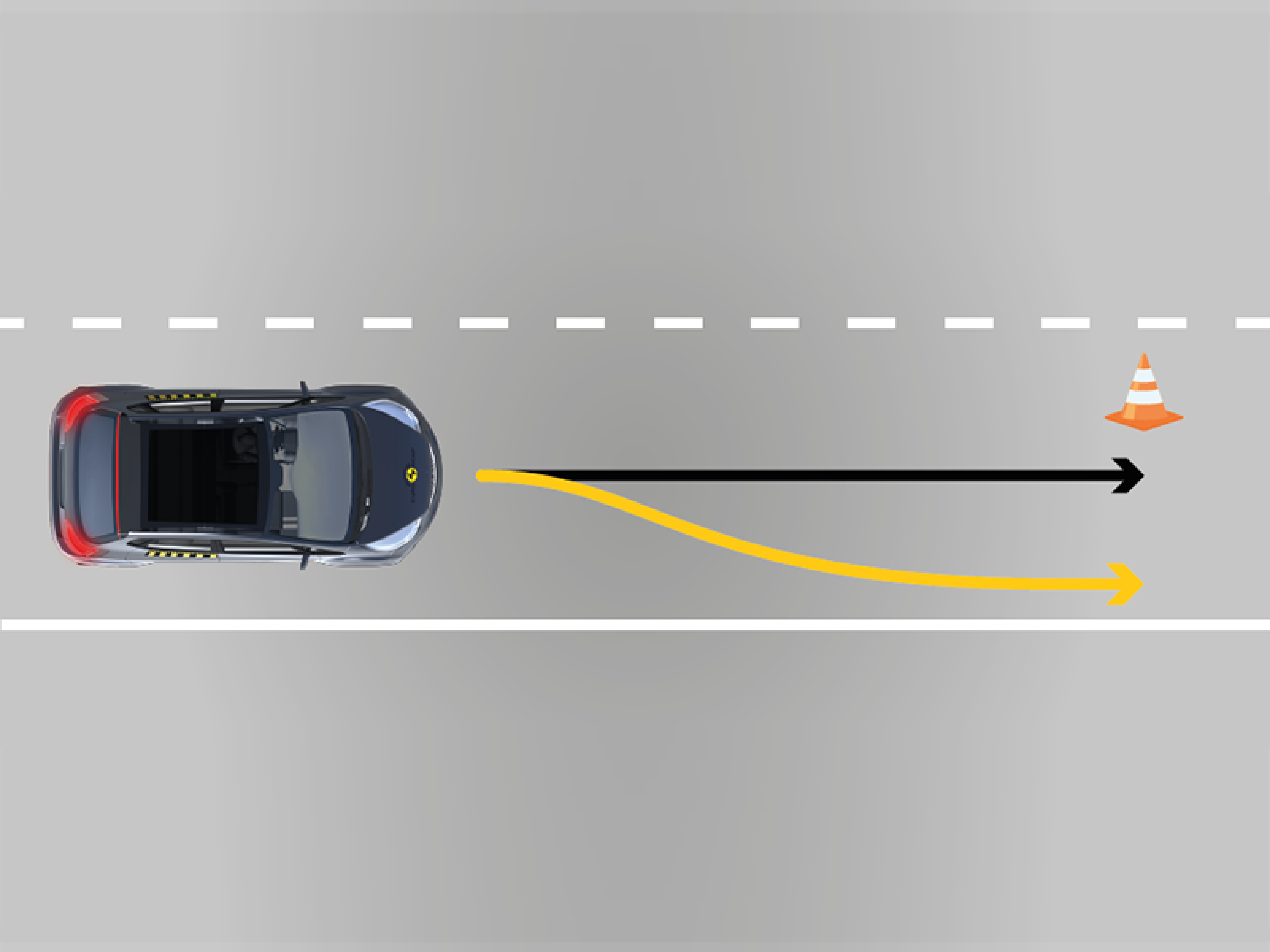
“I think we should not generalise the whole ADAS [Advanced Driver-Assistance Systems]. There are different elements within the ADAS family and some of them are very effective, other ones I would certainly agree have issues in the implementation in the vehicle; how the vehicle manufacturer has put the systems into the car”, said Michiel.
He conceded that lane-keep assist functions are often turned off by drivers and – in some instances – can be dangerous.
“When we started to develop these tests, our understanding was that vehicle manufacturers would not bring these systems in if they would upset their customers. So we focused on evaluating whether – in critical scenarios where the system should actually intervene – they will actually do a good job; that's what we test actually in Euro NCAP and ANCAP.
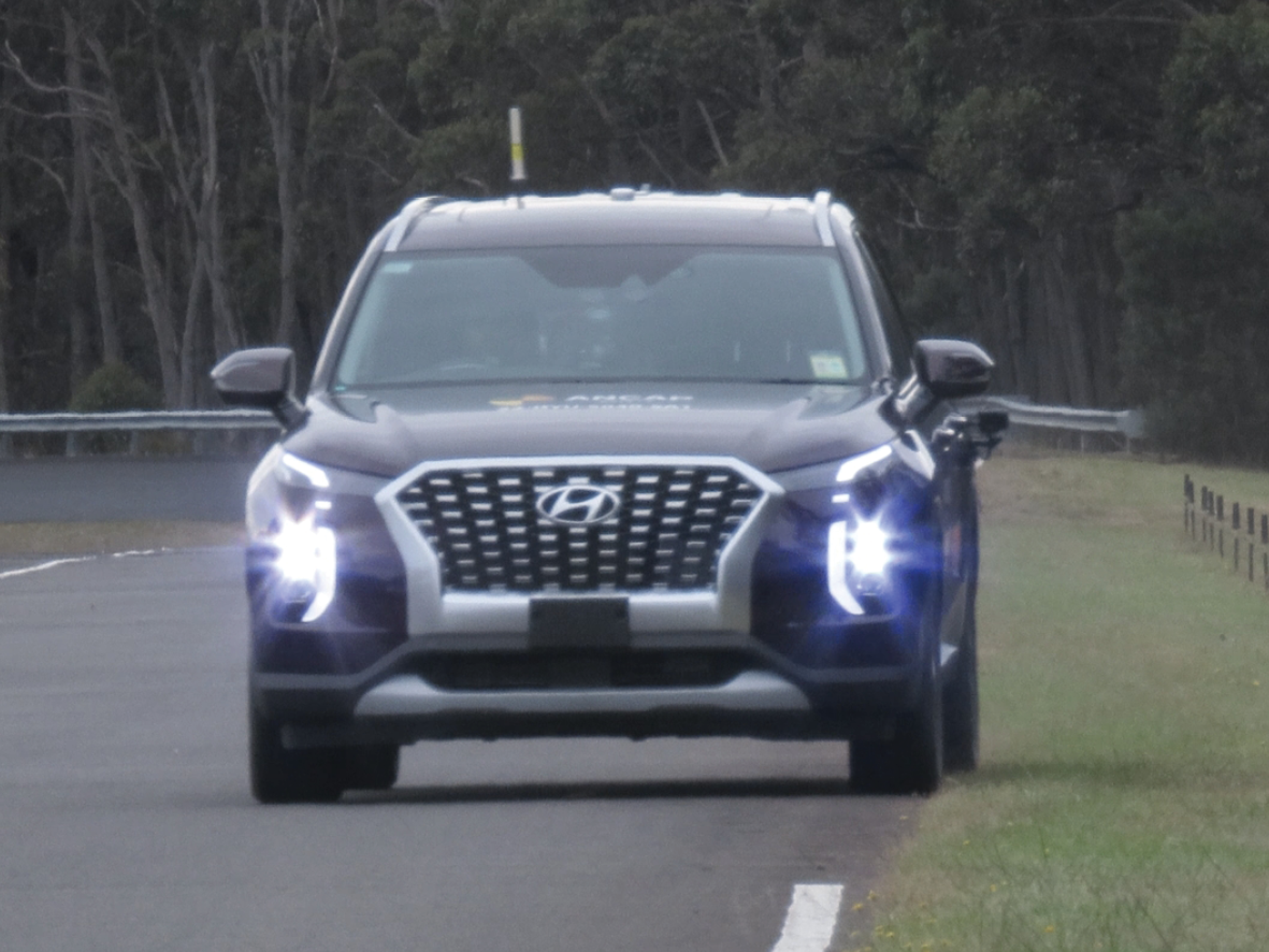
“So we really focus on: ‘Let's imagine a crash is about to happen, how can the system effectively intervene’, and we replicate that on the track, and that's the basis on which we give the five stars”, he explains before saying that Euro NCAP has had tough discussions with automakers about this exact issue.
“As it turned out, many vehicle manufacturers basically used that [test] as a blueprint for the system, which was never the intention for us. So [some manufacturers] basically said: ‘Okay, if I meet the test, that's fine. That's enough.’
“And because of the development times getting shorter, and shorter and shorter – now they are basically back to two years – what we see happening is that they are not properly evaluated in the real world”, he added.
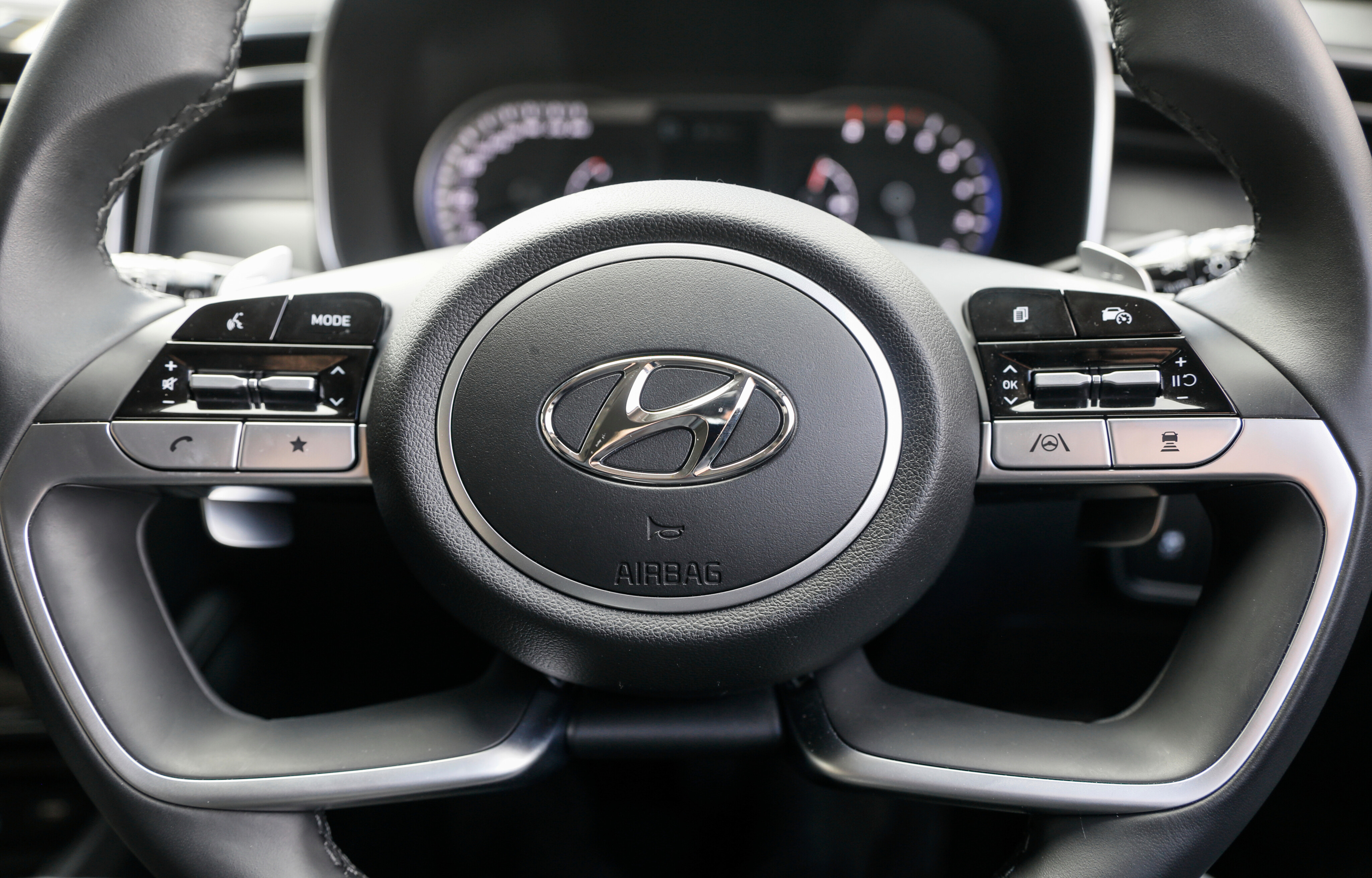
“We are kind of upset that the vehicle manufacturers answer questions from you guys to say that Euro NCAP is forcing them [to implement LSS]. We never forced them to do that, we actually assumed that they would actually have the ethical courage to actually implement a good system. And if they could not deliver that, they wouldn't go for it. But they went for it just to get the points”, said a despondent van Ratingen.
“So now it's back to our action to actually adapt the test procedure and to include real-world testing”, he explains, with Euro NCAP – and by extension ANCAP – upgrading the test procedure to “really force [manufacturers] to include driver intention much more than what they had done before”.
Michiel says he’s “of the opinion that this is not Euro NCAP’s job”, believing strongly it’s up to manufacturers to ensure these systems are helpful and don’t give false positives. "Already for next year, we have reduced the torque requirements”, he says, suggesting that second-gen systems emerging over the next two to three years should be much improved.
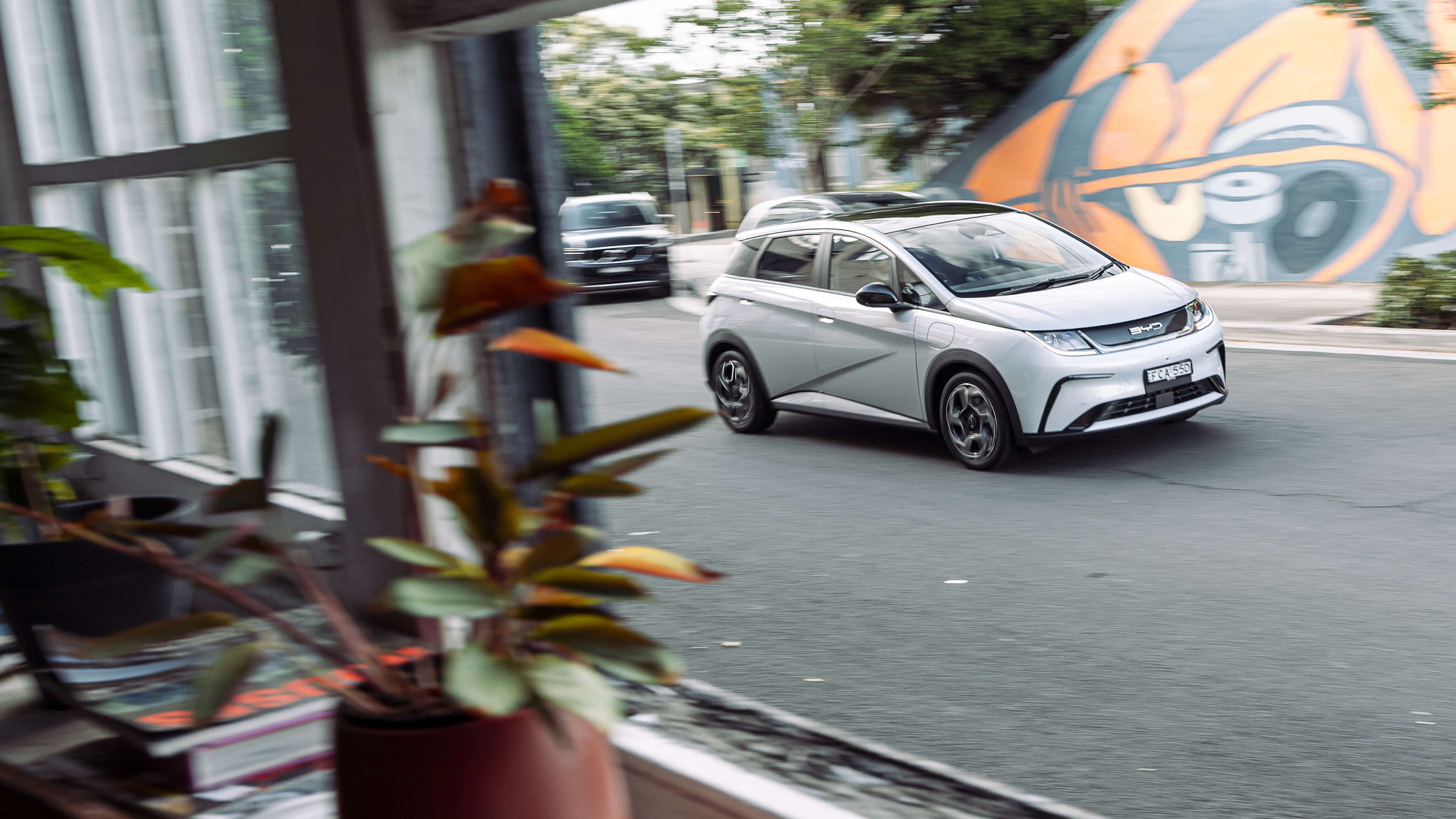
Euro NCAP and ANCAP have signed a new memorandum of understanding (MOU) on ANCAP’s 30th anniversary, updating the agreement first signed in 1999.
The two independent crash-testing bodies will continue to work closely on future safety incentives, including evaluating light trucks and heavy goods vehicles, with the Australian body looking into testing full-size American pick-ups that are growing in popularity locally.

COMMENTS